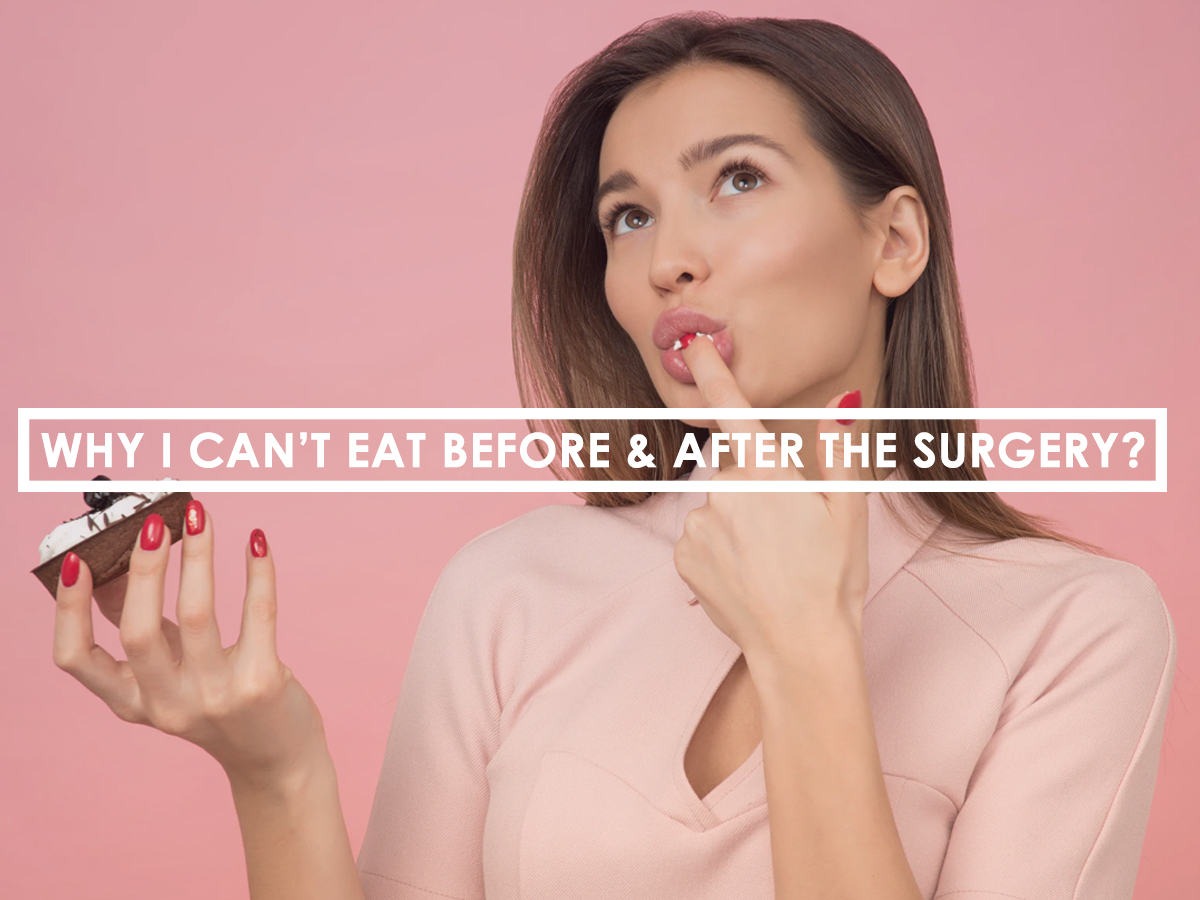It is a hard part of every surgery. Having a sip of water or a little bite of food is a huge temptation. You can ask yourself: Do I really have to starve? The answer is cruel. Yes, you have to. And we will explain why.
Many people have heard that can’t eat or drink before and after surgery. If you do not fast before surgery, the contents of your stomach can flow back to the lungs when you induce anaesthesia, which can cause airway obstruction or serious infections like pneumonia. Therefore, it is recommended that the fasting period be observed when you’re scheduled for sleep or general anaesthesia. (Normally 6 hours is recommended.)
But should I fast after my surgery?
Yes, you should not drink water or eat food right after surgery.
Why is that?
After anaesthesia, the body’s organs are also anaesthetized and fail to function properly. Immediately after surgery, you should be careful with the food or even a sip of water because of the remaining anaesthetic energy.
Each anaesthesia varies, but some people may feel unwell or vomiting and feel dizzy, so you should drink a small amount of lukewarm water first (around 1-2 hours after surgery), and if you have no problems, you can have some light meals. Eating immediately after surgery can cause vomiting, nausea, and abdominal pain.
Although there may be a difference in fasting periods, but of course, light local anaesthesia does not require fasting. If you have undergone surgery under general anaesthesia, you should be more careful. You may be thirsty and hungry by starvation, but you must keep it for safe surgical results.
